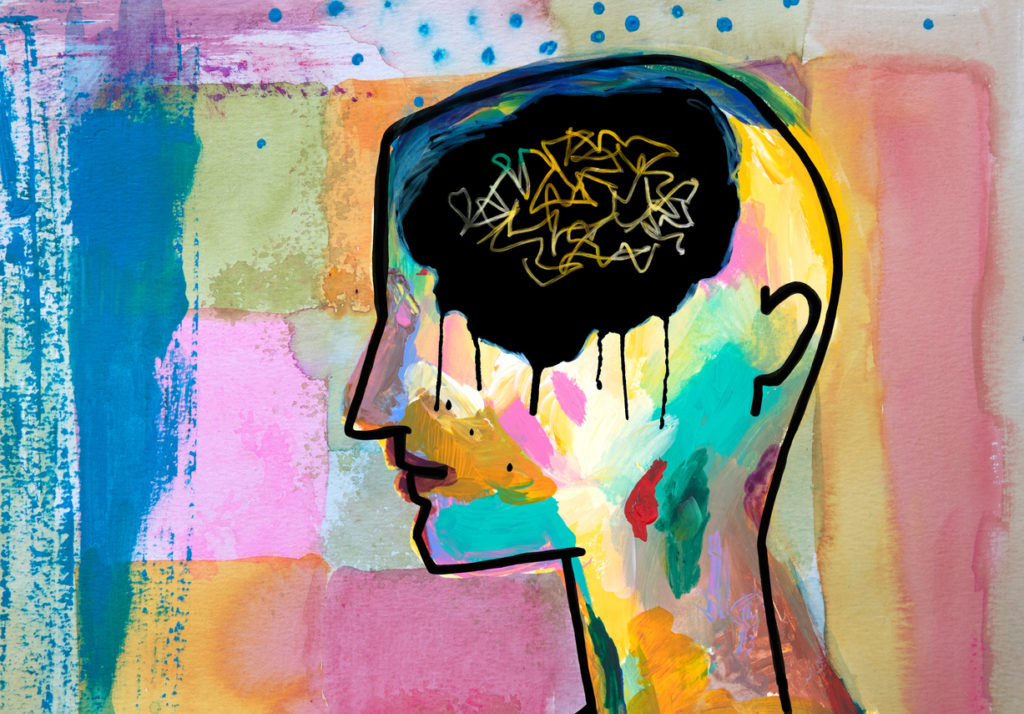To learn more about how a family treatment program helps people after brain injury. Specifically, do families feel better and function better after going through the program, and do patients feel better and function better after going through the program.
Official Title
Evaluation of an Intervention Model for Family Crisis and Support (a Research Project Within the Traumatic Brain Injury Model System Grant).
Conditions
- Traumatic Brain Injury
- Brain Injury, Chronic
Study Type
Observational
Study Design
Cohort, Prospective.
Further Details
To evaluate the efficacy of a structured outpatient family intervention program (BIFI) on family members’ emotional well being, life satisfaction, needs, and family functioning; and to evaluate the impact of the BIFI on the emotional well being, life satisfaction, functional independence, vocational status, and neurobehavioral functioning of persons with acquired brain injury (ABI).
Study Start
January 2003
Eligibility & Criteria
- Ages Eligible for Study: 18 Years and older
- Genders Eligible for Study: Both
- Accepts Healthy Volunteers: No
- Sampling Method: Probability Sample
Study Population:
Family members/caregiver friends and persons with ABI who are at least three months postinjury will be eligible to participate in the present investigation. ABI is defined as damage to brain tissue caused by stroke, aneurysm, anoxia, non-progressive brain tumor, infection, or an external mechanical force as evidenced by: loss of consciousness, post traumatic amnesia (PTA), objective neurological findings, or skull fracture. Penetrating wounds fitting the definition listed above will be included. Lacerations and/or bruises of the scalp or forehead without other criteria listed above will be excluded. All participants must be at least 18 years of age or older and able to understand and provide consent.
Inclusion Criteria:
- Family members/caregiver friends and persons with acquired brain injury (ABI) who are at least three months postinjury. ABI is defined as damage to brain tissue caused by stroke, aneurysm, anoxia, or an external mechanical force as evidenced by: loss of consciousness, post traumatic amnesia (PTA), objective neurological findings, or skull fracture.
Exclusion Criteria:
- Families including individuals at imminent risk of psychiatric hospitalization, or in imminent danger of hurting themselves or others, as judged by the investigators.
- Individuals under 18 years of age.
Total Enrolment
200
Contact Details
Jennifer H Marwitz, MA
804-828-3704
jhmarwit@vcu.edu
Location:
Virginia Commonwealth University
Richmond, Virginia
United States, 23298
All content and media on the HealthEngine Blog is created and published online for informational purposes only. It is not intended to be a substitute for professional medical advice and should not be relied on as health or personal advice. Always seek the guidance of your doctor or other qualified health professional with any questions you may have regarding your health or a medical condition. Never disregard the advice of a medical professional, or delay in seeking it because of something you have read on this Website. If you think you may have a medical emergency, call your doctor, go to the nearest hospital emergency department, or call the emergency services immediately.







